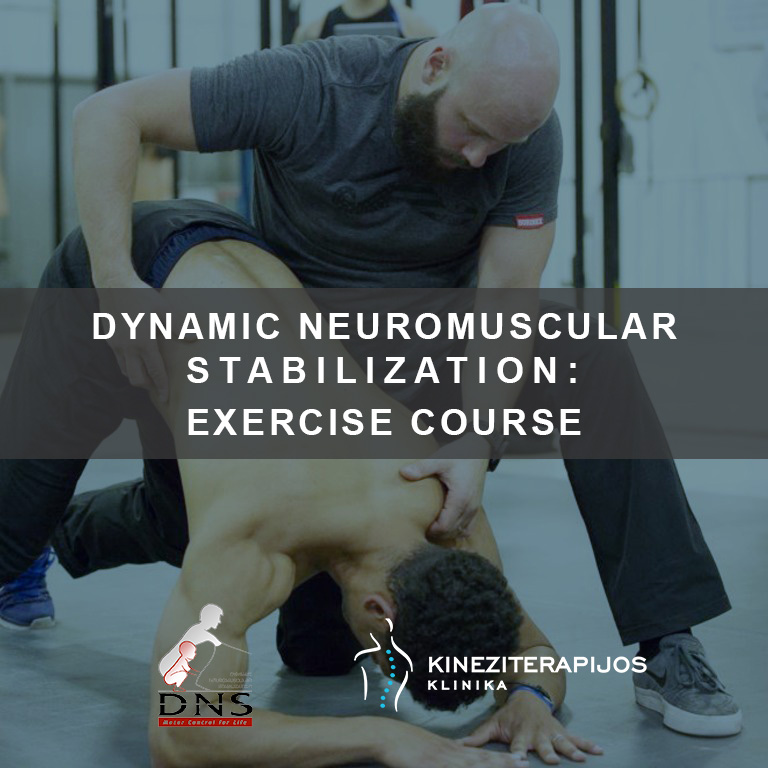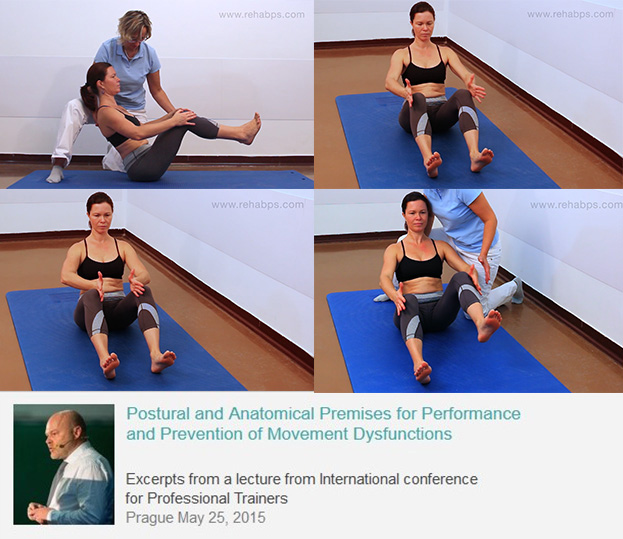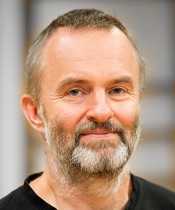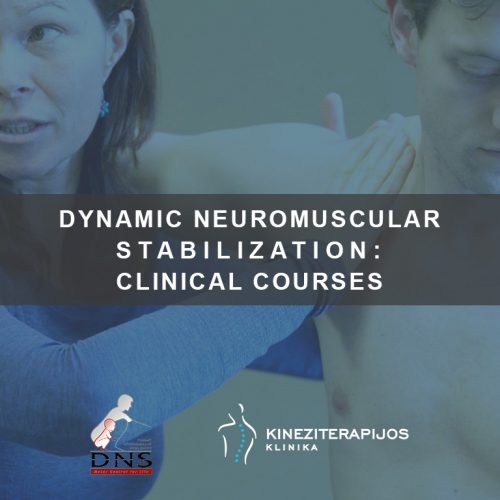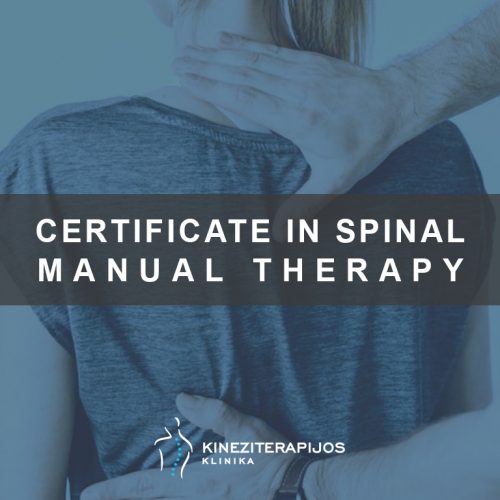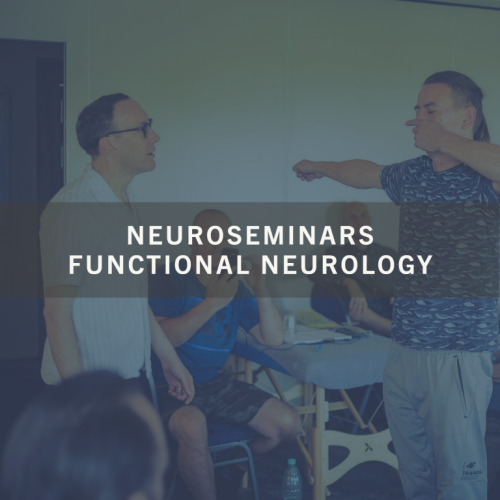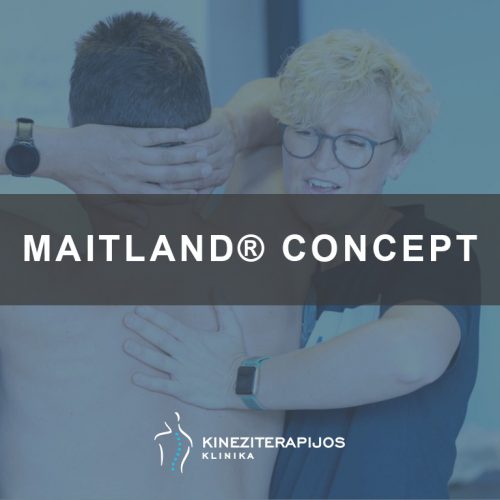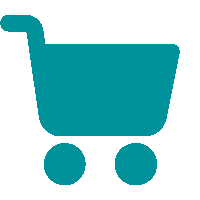Instructor:
Michal Truc, MPT

Michal graduated from the Faculty of Physical Education and Sport, Charles University in Prague, achieving Master’s Degree in Physiotherapy in 1998. Specializing in rehabilitation of locomotor system dysfunction and in functional treatment of clients with vertigo and balance problems, but also treating patients with various neurological and orthopaedic diagnosis Michal worked as physical therapist at the Department of Rehabilitation and Sports Medicine, University Hospital Motol in Prague for more than 10 years. Since November 2011 Michal works as senior physiotherapist at Professor Kolar’s private Centre of Movement Medicine located in Prague (www.cpmpk.cz).
Michal is certified therapist in Reflex Locomotion according to Vojta, Mobilization and Relaxation Techniques according to Lewit, and Dynamic Neuromuscular Stabilization according to Kolar. Michal has also been trained in the Treatment of Functional Disorders of Orofacial System by Dr. Clayton Skaggs (St. Louis, Missouri, USA) and in Trigger Point Treatment according to Prof. Simons (DeKalb Medical Centre, Atlanta, USA). Michal completed course in method of Quadruped Locomotion and Creeping according to Klapp, courses in Kinesiotaping, being also certified in application of Physical Therapy Modalities (Noninvasive laser therapy and magnetic field therapy). Myoskeletal ultrasound examination.
Since 2003 Michal has been appointed team clinician for the Czech National Cross-Country Skiing Team and Czech National Hockey Team. Michal has been functionally evaluating and treating elite athletes on daily basis also traveling with the teams for International World Championships and Olympic Games. In his work with professional athletes Michal focuses on treatment, prevention and enhancement of sport performance.
Michal Truc closely works under Professors Pavel Kolar’s supervision, becoming an expert in the Dynamic Neuromuscular Stabilization approach. He acts as certified instructor in Developmental Kinesiology and Dynamic Neuromuscular Stabilization since 2001. He has been teaching the DNS courses in Czech Republic, Slovakia and other European countries, Japan, China, Taiwan, North and South America.
For more information: Phone: +370 618 67325 or E-mail: [email protected]
IMPORTANT!
The price of the course does not include 100 Eur. fee for the Prague Rehabilitation School, which is necessary to attend the course.
To pay the fee, please use the follwing links:
-For Basic course I, on February 3-4, 2024.: https://www.rehabps.cz/rehab/course.php?c_id=2895
-For Intermediate CourseII, on March 23-24, 2024: https://www.rehabps.cz/rehab/course.php?c_id=2778

